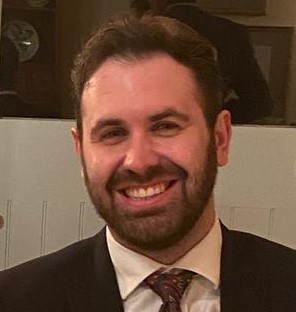–
_____________________________________________
This week, the myHSN blog focuses on a singular issue, the 2023 Junior Doctors strike. Read on to find out what it means, why it’s happening, and how it affects you.
_____________________________________________

What?
This week, junior doctors in England voted yes to industrial action. For 72 hours between 13 March and 15 March, junior doctors will officially strike by not attending work. 77% of junior doctors voted in the ballot, with 98% voting in favour of strike action, in response to a decade of real-terms pay decreases.
A junior doctor is any doctor in or out of training between finishing medical school, and being a consultant or GP. This includes F1s, F2s, SHOs and registrars. They are taking part in strike action.
A certain subset of doctors who aren’t GPs or consultants are termed ‘associate specialist’ doctors or SAS doctors. They are not taking part in strike action. These doctors practise at the skill level of a senior registrar or consultant, but often will not have the same management responsibilities as a consultant.
Why?
The pay of junior doctors has decreased by 26% in ‘real terms’ since 2008, despite marginal pay increases most years. With the cost of living and inflation being taken into account, today’s doctors are earning 26% less than their equivalent colleagues 15 years ago. This is with a pandemic, record A&E waiting times and spiralling operation waiting lists in between.
Junior doctors are leaving to work in other countries such as Australia, New Zealand and Canada – in search of better pay and working conditions. The only real solution to keep junior doctors in this country to support the NHS is to pay them a salary that matches the value they contribute.
How (does it affect you)?
The strike will run continuously from 7am on 13th March to 7am on 16th March. During this time, junior doctors who choose to strike will not be at work and will not receive pay for these days. The strikes will take place across all areas of the NHS including A&E, cancer wards and intensive care units.
Services will be covered by non-striking doctors, SAS doctors and consultants to ensure they are delivered safely. The knock-on effect here is that many clinics and operations will be cancelled, to release clinical staff to cover junior doctor posts.
GP practices will be busier and waiting times will be longer, as many doctors in GP practices are junior doctors.
If you have a hospital appointment or procedure on these days, ring ahead to your department and see if your appointment is, or will be, postponed, and rearrange as necessary.
Junior doctors need your support. They undertake this action reluctantly, knowing that some of the general public will disagree with their actions. The only way to ensure a functional health service that looks after its population, is to give fair pay to the staff delivering it. This is the same for nursing strikes, ambulance strikes, and also applies to other groups in the public sector taking industrial action of late.
Support your doctors, support your health service, support the strikes.

Other resources
MyHSN has a related articles.
What is a junior doctor
How much do junior doctors earn?
What do junior doctors do?
10 top tips for junior doctors
As always, best wishes from myHSN!


